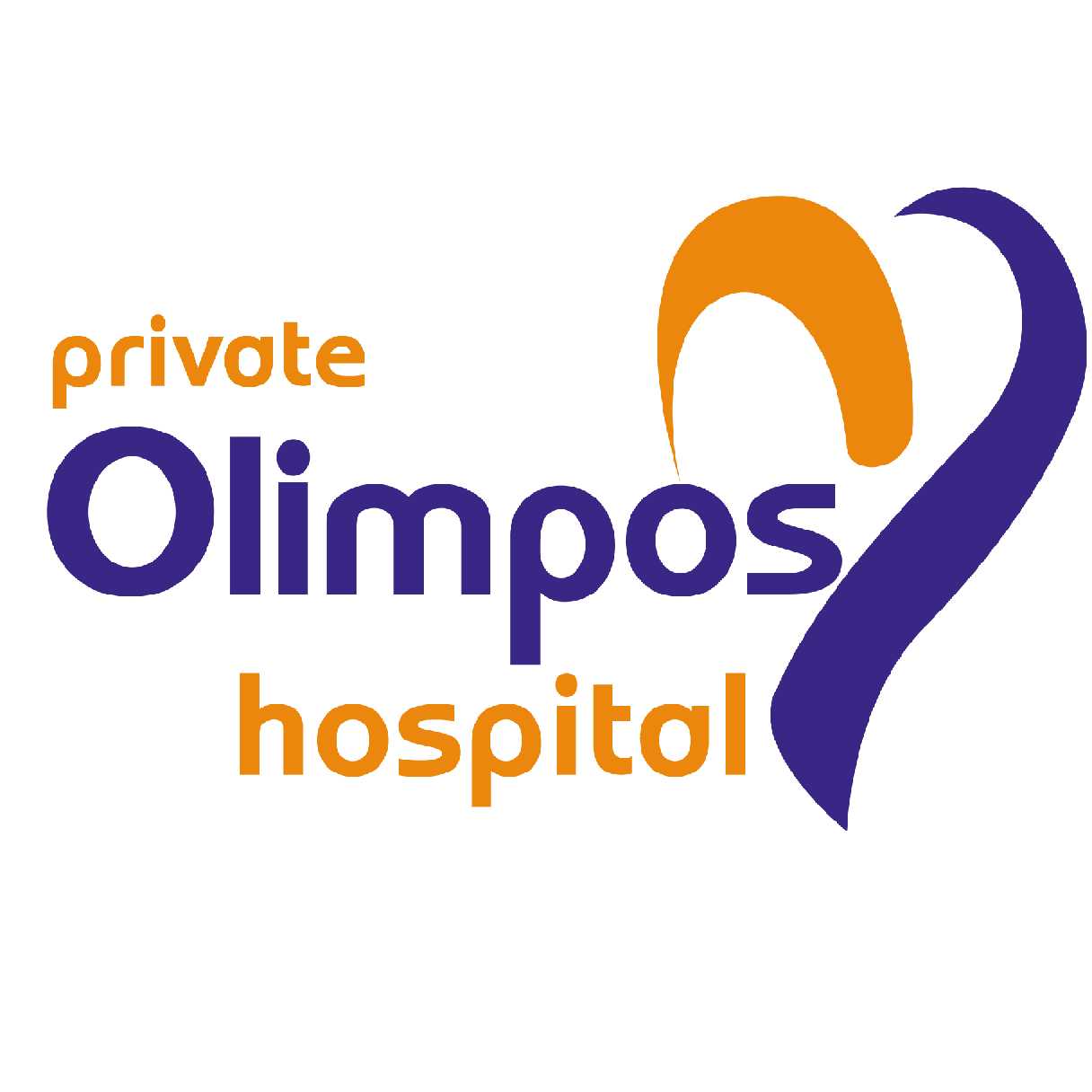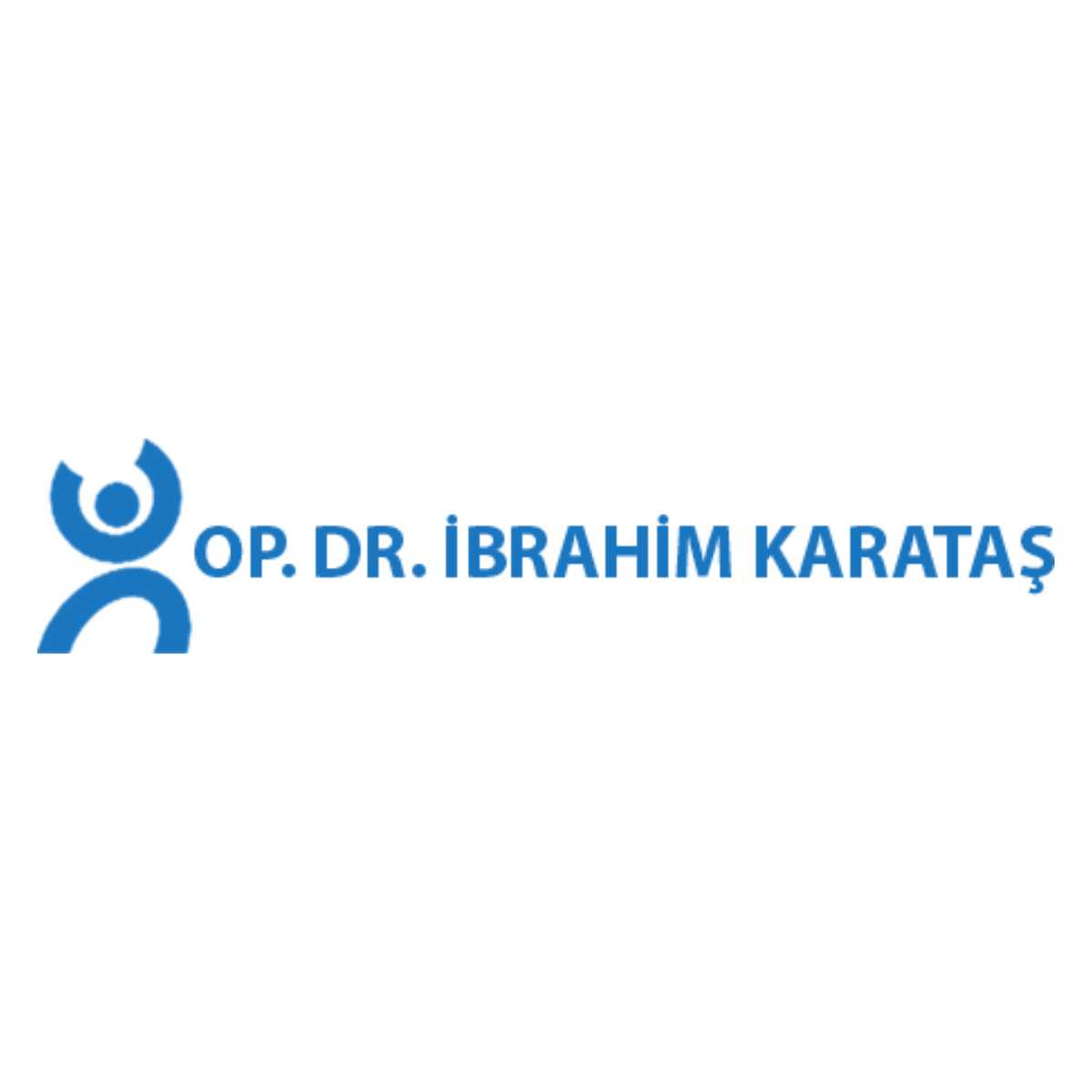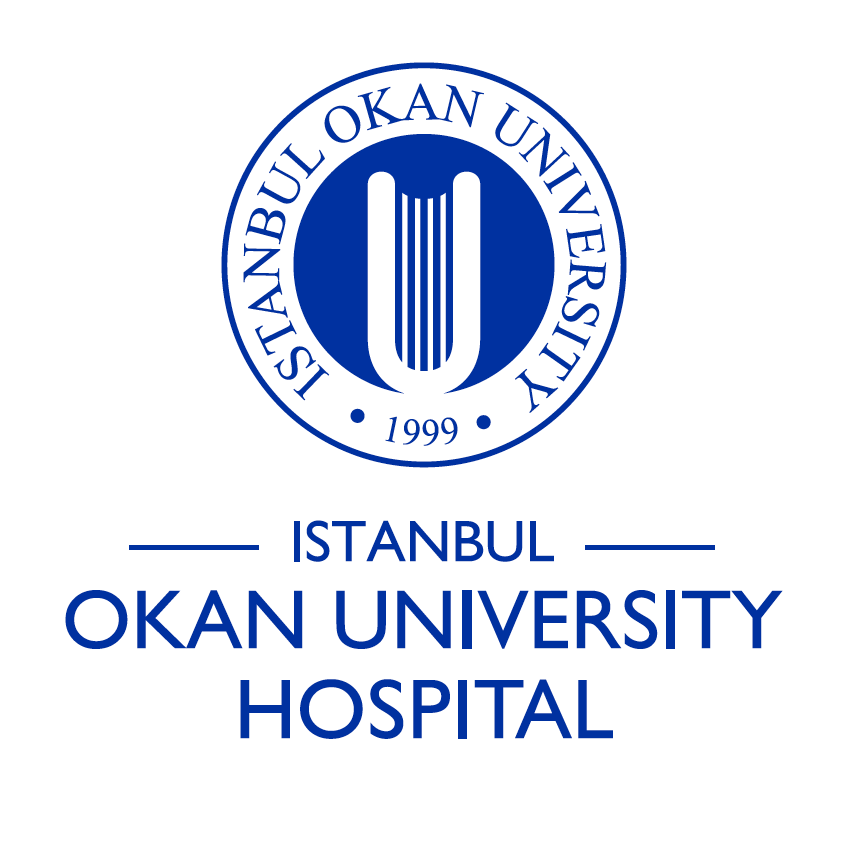Eligibility Requirements for Biliopancreatic Diversion Turkey
.jpg)
Biliopancreatic diversion (BPD) is an advanced and highly effective weight loss surgery, known for helping individuals achieve significant and sustained weight reduction. If you're considering this procedure, especially in a country renowned for medical tourism like Turkey, understanding the eligibility criteria is crucial. Turkey has become a popular destination for bariatric surgery due to its state-of-the-art facilities, experienced surgeons, and competitive pricing, attracting patients from all corners of the globe.
Deciding on a major surgery like BPD involves careful consideration of many factors, not just the potential benefits. This blog post will guide you through the precise requirements to qualify for biliopancreatic diversion in Turkey, addressing common questions regarding BMI, health conditions, age, psychological readiness, and the specific needs of international patients. We'll explore why patient suitability is rigorously assessed to ensure both safety and successful long-term outcomes for those seeking a transformative solution to severe obesity.
Who is eligible for biliopancreatic diversion (BPD) in Turkey?
Biliopancreatic diversion is a complex bariatric procedure designed for individuals struggling with severe or morbid obesity who have not achieved sustainable weight loss through other methods. In Turkey, the eligibility criteria align closely with international standards for patient safety and efficacy.
Candidates for BPD must generally meet specific medical and psychological prerequisites. This includes a thorough assessment of their current health status, an understanding of the surgical risks and benefits, and a clear commitment to the stringent dietary and lifestyle modifications required for long-term success. The goal is to ensure that patients are not only physically capable of undergoing the surgery but also mentally prepared for the life-altering changes that follow.
What are the specific BMI criteria for BPD surgery in Turkey?
BMI (Body Mass Index) is a primary factor in determining eligibility for bariatric surgery, including BPD. This metric helps surgeons assess the degree of obesity and the potential benefits versus risks of the procedure.
Turkish bariatric centers typically follow these BMI guidelines:
- BMI of 50 or higher: Individuals in this category are generally considered prime candidates for BPD due to the severe health risks associated with their weight.
- BMI between 40 and 49.9: Patients within this BMI range may also qualify if they have at least one severe obesity-related comorbidity. These conditions include type 2 diabetes, severe sleep apnea, high blood pressure (hypertension), high cholesterol, or severe joint pain. The surgery is often recommended to alleviate or resolve these serious health issues.
These BMI requirements ensure that BPD is offered to those who will benefit most from its profound weight loss effects and potential resolution of obesity-related diseases.
Are there any medical contraindications for biliopancreatic diversion in Turkey?
While BPD is a powerful tool for weight loss, it's not suitable for everyone. Several medical conditions can make the surgery too risky or unlikely to succeed. Turkish clinics perform thorough pre-operative screenings to identify these contraindications.
Common medical contraindications include:
- Uncontrolled Cardiovascular or Pulmonary Disease: Patients with severe heart failure, unstable angina, or significant lung disease may not be able to safely withstand the anesthesia and surgery.
- Active Cancer or Other Life-Threatening Diseases: If a patient has a condition that would limit their life expectancy, BPD might not be the most appropriate intervention.
- Inflammatory Bowel Disease: Conditions like Crohn's disease or ulcerative colitis can be exacerbated by the malabsorptive nature of BPD, leading to severe complications.
- Severe Liver Disease: Advanced liver conditions can increase surgical risks and impact recovery.
- Chronic Pancreatitis: Given the procedure's name, individuals with chronic pancreatitis are often excluded due to the potential for complications.
A detailed medical history, physical examination, and various diagnostic tests are essential to rule out these contraindications and ensure patient safety for biliopancreatic diversion in Turkey.
What is the typical age range for BPD candidates in Turkey?
Age plays a role in determining suitability for BPD surgery. While there isn't a strict universal age cut-off, guidelines are in place to ensure patient safety and optimize outcomes.
Most bariatric surgeons in Turkey prefer to operate on adults between the ages of 18 and 65. For younger patients, it is crucial to ensure they have completed physical growth and demonstrate maturity to adhere to post-operative guidelines. For older patients, the decision depends heavily on their overall health status, the presence of comorbidities, and their ability to recover from a major surgical procedure.
Elderly patients might face increased risks of surgical complications or have existing health issues that make the surgery less advisable. Conversely, a healthy 70-year-old with significant obesity-related health problems might be considered if a comprehensive medical evaluation deems them fit for the procedure. The focus is always on individual health and the potential for a positive impact on quality of life.
Is a psychological evaluation a mandatory step for BPD eligibility in Turkey?
Weight loss surgery is not just a physical transformation; it's a profound psychological journey. Therefore, a comprehensive psychological evaluation is a standard and essential component of the eligibility process for BPD in Turkey.
The evaluation serves several critical purposes:
- Assessing Mental Readiness: It determines if the patient fully understands the risks, benefits, and long-term commitment required for BPD.
- Identifying Untreated Conditions: The assessment screens for conditions such as severe depression, anxiety, eating disorders, or substance abuse that could complicate recovery or hinder adherence to post-operative instructions. If identified, these conditions may need to be managed or treated before surgery.
- Evaluating Behavioral Patterns: It helps identify unhelpful eating behaviors, emotional eating, or lack of coping mechanisms that, if unaddressed, could undermine the surgical results.
- Ensuring Realistic Expectations: The evaluation ensures patients have realistic expectations about weight loss, potential challenges, and the need for ongoing support.
This evaluation helps ensure that candidates for biliopancreatic diversion in Turkey are psychologically stable and prepared to embrace the necessary long-term lifestyle changes for successful outcomes.
What role does commitment to lifestyle changes play in BPD eligibility?
Biliopancreatic diversion is a tool, not a cure, for obesity. Its success hinges significantly on the patient's unwavering commitment to embracing a completely new way of life. Surgeons in Turkey emphasize this aspect heavily during the eligibility assessment.
Key areas of required commitment include:
- Dietary Adherence: Post-BPD, patients must follow a strict diet, often high in protein and low in simple carbohydrates, to prevent nutritional deficiencies and manage weight.
- Regular Physical Activity: Integrating exercise into daily life is crucial for sustained weight loss, muscle maintenance, and overall health.
- Lifelong Supplementation: Due to the malabsorptive nature of BPD, patients will need to take vitamin and mineral supplements for the rest of their lives to prevent severe deficiencies. This includes iron, calcium, vitamin D, and fat-soluble vitamins (A, D, E, K).
- Consistent Follow-up: Regular appointments with their medical team, including the surgeon, dietitian, and sometimes a psychologist, are necessary to monitor progress, address complications, and adjust care as needed.
Without this strong commitment, the long-term effectiveness and safety of biliopancreatic diversion can be severely compromised, making it a critical factor in determining eligibility in Turkey.
Why choose Turkey for biliopancreatic diversion surgery?
For individuals seeking biliopancreatic diversion, Turkey has emerged as a top choice, particularly for medical tourists. Several compelling reasons contribute to its popularity:
Cost-Effectiveness and Quality: One of the primary drivers is the substantial cost savings without compromising on quality. The cost of BPD surgery in Turkey can be significantly lower than in countries like the US, UK, or Canada, making it accessible to a wider range of patients. Despite lower prices, Turkish hospitals boast modern infrastructure, cutting-edge medical technology, and adhere to international healthcare standards, often holding accreditations from bodies like the Joint Commission International (JCI).
Expertise and Experience: Turkey has a growing number of highly skilled bariatric surgeons who are specialized in procedures like BPD. Many have received training internationally and have extensive experience performing complex weight loss surgeries. This expertise ensures that patients receive high-quality care and benefit from advanced surgical techniques. Furthermore, the robust medical tourism sector means clinics are well-versed in accommodating international patients, providing services like translation, airport transfers, and accommodation assistance.
What documentation is needed for international patients seeking BPD in Turkey?
As a medical tourist, proper documentation is essential for a smooth and successful experience when undergoing biliopancreatic diversion in Turkey. Preparing these documents in advance can prevent delays and ensure efficient communication with your chosen clinic.
Key documentation requirements generally include:
- Passport and Visa: A valid passport with at least six months of validity beyond your intended stay is crucial. Depending on your nationality, you may also need a visa for entry into Turkey. It is important to check visa requirements well in advance.
- Comprehensive Medical Records: This is perhaps the most important set of documents. It should include:
- Detailed medical history (including previous surgeries, conditions, medications).
- Recent blood test results (CBC, metabolic panel, liver function, kidney function, vitamin levels).
- Imaging results (e.g., abdominal ultrasound, endoscopy reports).
- Cardiology reports (ECG, stress test if required).
- Endocrinology reports (especially if you have diabetes).
- Psychological evaluation report from your home country (if available).
- A letter from your primary care physician or specialist recommending the surgery.
- Proof of Funds/Insurance: While not always mandatory for entry, having proof of funds or travel health insurance that covers medical emergencies is highly advisable.
It's always recommended to confirm the exact list of required documents with your chosen Turkish clinic or medical tourism facilitator prior to travel for biliopancreatic diversion.
What pre-operative assessments are required for BPD candidates in Turkey?
To ensure patient safety and optimize the outcomes of biliopancreatic diversion, Turkish clinics conduct a rigorous series of pre-operative assessments. These evaluations provide a complete picture of the patient's health and readiness for such a significant procedure.
The assessments typically include:
- Detailed Medical History and Physical Examination: A thorough review of past and current health conditions, medications, allergies, and lifestyle habits.
- Extensive Blood Tests: To check for various conditions, including diabetes, thyroid issues, nutritional deficiencies, liver and kidney function, and blood clotting factors.
- Cardiovascular Evaluation: Often includes an electrocardiogram (ECG), and sometimes an echocardiogram or stress test, to assess heart health.
- Pulmonary Function Tests (PFTs): Especially for patients with respiratory issues like sleep apnea, to ensure lung capacity is adequate for surgery.
- Gastrointestinal Evaluation: An upper endoscopy (gastroscopy) is routinely performed to check for ulcers, hiatus hernia, or other abnormalities in the esophagus and stomach that might need to be addressed before surgery.
- Psychological Evaluation: As mentioned, this is crucial to assess mental readiness, understanding of the procedure, and commitment to lifestyle changes.
- Nutritional Counseling: Often required pre-surgery to begin dietary modifications and prepare for post-operative eating habits.
This comprehensive evaluation process for biliopancreatic diversion in Turkey helps identify and manage any potential risks, ensuring the patient is in the best possible condition for surgery.
What are the risks and benefits of BPD surgery?
Understanding both the potential risks and significant benefits is crucial for any candidate considering biliopancreatic diversion. This knowledge helps in making an informed decision about the surgery.
Benefits of BPD:
- Most Effective Weight Loss: BPD typically results in the greatest average excess weight loss (60-80% or more) compared to other bariatric procedures, and this loss is often sustained long-term.
- Resolution of Comorbidities: Highly effective at resolving or significantly improving obesity-related health conditions such as type 2 diabetes (often putting it into remission), hypertension, sleep apnea, and high cholesterol.
- Improved Quality of Life: Patients often experience enhanced mobility, increased energy levels, and improved self-esteem and overall quality of life.
Risks of BPD:
- Higher Surgical Risk: BPD is a more complex procedure than gastric sleeve or bypass, with a slightly higher risk of immediate surgical complications such as leaks, infections, and blood clots.
- Severe Nutritional Deficiencies: Due to significant malabsorption, there is a very high risk of lifelong deficiencies in vitamins (especially fat-soluble A, D, E, K), minerals (iron, calcium), and protein, requiring strict adherence to supplementation.
- Gastrointestinal Side Effects: Common side effects include frequent loose stools, foul-smelling gas, and abdominal discomfort due to malabsorption.
- Dumping Syndrome: Can occur if high-sugar foods are consumed, leading to symptoms like nausea, cramping, and diarrhea.
- Long-Term Follow-up: Requires rigorous, lifelong medical surveillance and adherence to dietary and supplement regimens.
The decision to undergo biliopancreatic diversion in Turkey, or anywhere else, must weigh these substantial benefits against the elevated risks and lifelong commitment.
Can individuals who previously had other bariatric surgeries undergo BPD in Turkey?
For some individuals, an initial bariatric surgery may not yield the desired long-term weight loss or may result in complications that require further intervention. In such cases, revisional surgery, including conversion to BPD, can be an option in Turkey.
Revisional biliopancreatic diversion is a complex procedure that is typically considered for patients who have:
- Insufficient Weight Loss: If the primary surgery (e.g., gastric sleeve or gastric bypass) did not lead to significant or sustained weight loss despite good adherence to lifestyle changes.
- Weight Regain: If weight was initially lost but subsequently regained.
- Complications from Previous Surgery: In some instances, a revision might be necessary to address specific complications from the initial procedure.
It is important to note that revisional surgery carries higher risks than primary bariatric surgery due to altered anatomy and potential scar tissue from the previous operation. Therefore, candidates for revisional biliopancreatic diversion in Turkey undergo an even more stringent evaluation, including detailed imaging and potentially endoscopy, to assess their suitability and plan the safest approach. A multidisciplinary team reviews each case individually to determine if the benefits outweigh the increased risks.
Ready to explore your options for biliopancreatic diversion in Turkey or other medical tourism solutions? Contact PlacidWay today to connect with top-tier clinics and specialists for your healthcare needs.




.png)




.png)
.png)
.png)
.png)






Share this listing